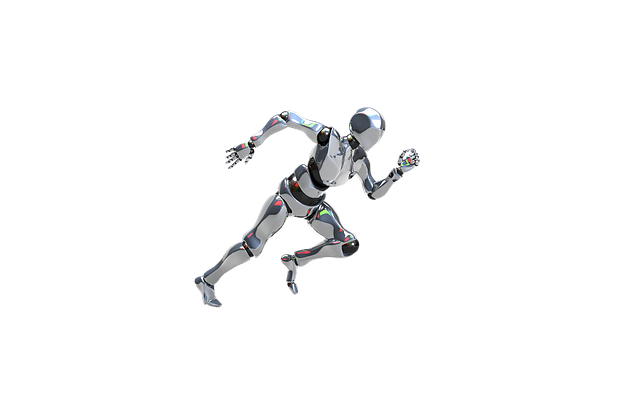The Rise of Intelligent Robots in Business Automation
As we stand on the brink of a technological revolution, the rise of intelligent robots in business automation is a marvel that captivates both our imagination and our practical ambitions. Picture a future where mundane tasks are seamlessly managed by autonomous machines, allowing human creativity and innovation to flourish. This vision is not far from our reality as advancements in robotics and artificial intelligence continue to reshape the way we work.
Understanding Robotics and the Role of Intelligent Robots
Robotics is an interdisciplinary field that combines engineering, computer science, and cognitive psychology. The integration of intelligent robots into business is paving the way for more efficient processes, enhanced productivity, and reduced operational costs. From warehouse automation with robotic pickers to advanced manufacturing lines where robots work alongside humans, the impact is evident.
These machines are equipped with sensors and software that enable them to perceive their environment, make decisions, and learn from their experiences. The smartest among them utilize artificial intelligence algorithms that allow them to adapt workflows in real time, optimizing operations in ways we previously thought impossible.
The Intersection of Artificial Intelligence and Business Processes
The incorporation of artificial intelligence into intelligent robots adds a layer of sophistication that is transforming traditional business practices. Functioning far beyond basic programmed tasks, AI empowers robots to analyze data, predict trends, and execute complex functions. This has significant implications for industries such as healthcare, logistics, and customer service.
For instance, in customer service, chatbots and virtual assistants powered by AI can handle inquiries 24/7, providing immediate support while freeing human agents to tackle more intricate challenges. In manufacturing, predictive maintenance powered by AI ensures that machines are serviced before they fail, minimizing downtime and enhancing productivity.
Automation in Business: Efficiency Meets Innovation
The movement toward automation is more than just acquiring machines; it embodies a paradigm shift in how businesses operate. As intelligent robots take over repetitive tasks, companies can unlock new levels of innovation. Employees are not just machines themselves, they are now transformed into strategic thinkers focusing on high-value activities that require creativity and human touch.
This shift in roles does not come without its challenges. Organizations must address workforce adaptation, ensure data security, and uphold ethical standards as they introduce these technologies. However, the potential rewards—efficiency gains, improved accuracy, and the ability to rapidly scale operations—are propelling businesses toward embracing intelligent automation.
As we continue to explore the future of intelligent robots within the realm of business automation, we find ourselves not just at a technological crossroads, but at the very dawn of a new era. The convergence of robotics and artificial intelligence is igniting new possibilities, fostering creativity, and setting the stage for smarter, more agile organizations. It’s an exciting time to reimagine what is achievable in the world of business.




